Esporão Wines
Portugal’s most progressive winery focuses on quality and sustainability

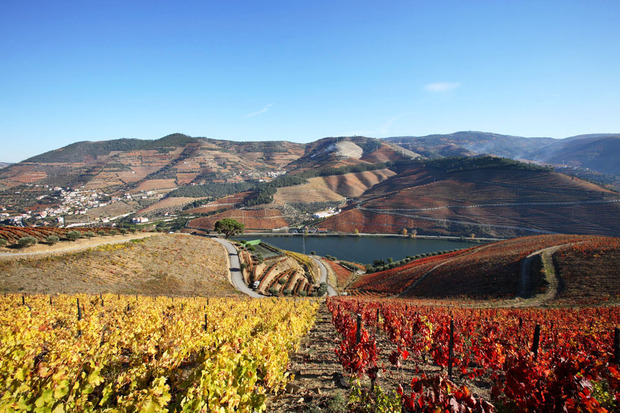
While the viticultural reputations of France, Italy and Spain are well established, Portugal remains relatively unestablished outside of its famous fortified Port and Muscatel wines. João Roquette wants to shape the way people think about Portuguese wine. Roquette, CEO of Esporão Wines, is seeking the highest quality in Portuguese still wines through a sustainable, holistic approach.
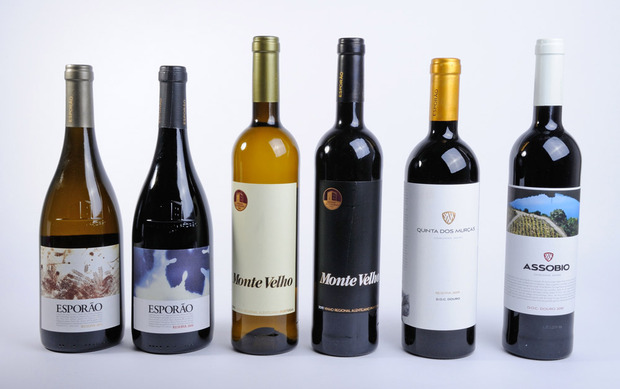
“It’s simple: More naturally raised grapes result in a better grape, which is evident in the profile of the wine,” Roquette said, over a glass of the Esporão Private Selection Red—a blend of the harvest’s finest varietals creatively mixed by the winemakers. Roquette’s approach to sustainability is grounded in quality. “We experiment with organic and non-organic growing methods,” Roquette says. By growing two plots of the same varietal in the same conditions, Roquette is able to determine the impact of organic growing methods on the character of the wine. “We are only two years into a five-year study, but the results are clear,” Roquette says.
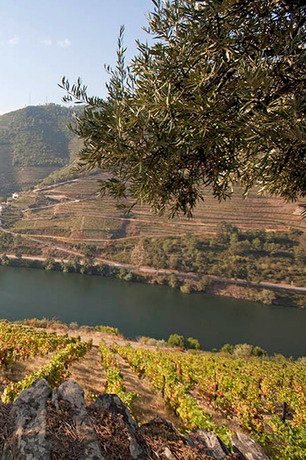
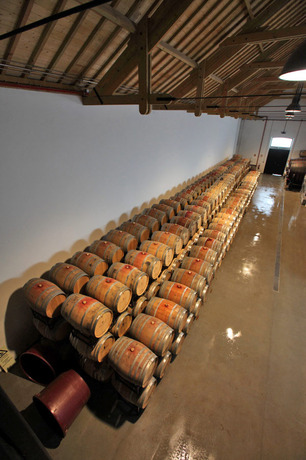
Organic production allows the character of the varietal, as well as the conditions of the vineyard, to shine. “It’s truly humbling,” Roquette says of organic production; during which a dry spring or blistering hot summer can be a challenge to winemakers. It’s not surprising that with each wine, detailed descriptions of the annual climate, soil conditions and harvesting process are included alongside tasting notes. Our favorite of Esporão’s current offerings, the 2010 Red Reserve, reveals what Roquette calls “the essence of the Alentejo region.” A long, mild summer allowed the grapes to mature to perfection, resulting in a complex, tannin-rich body with spicy red berry notes. Dynamic blending between varietals resulted in the identity of the vineyard and character of the season showing clearly—rather than simply the essence of a single varietal.
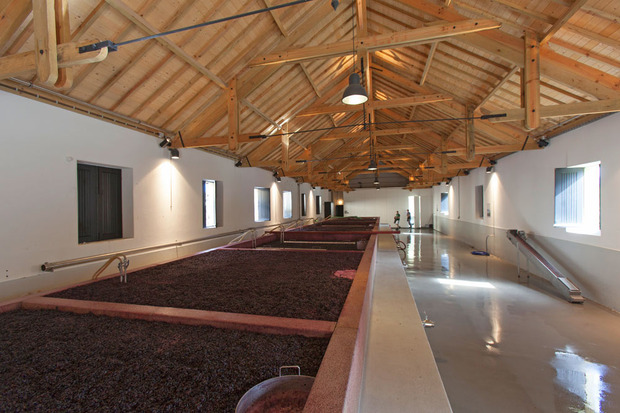
In addition to striving for the best quality through sustainable practices, the Esperão takes a holistic approach to ethical, healthy production. The vineyard’s ampelographic field lays host to over 188 varieties of grapes, acting as a sort of living encyclopedia of international viticulture— from the common Zinfandel to the obscure Portuguese white varietal Uva Salsa.
Meanwhile, wildlife integration and the fostering of plant biodiversity on the vineyard contribute to the health and wellbeing of the ecosystem surrounding the grapes. Employees at the beautiful estate south-east of Lisbon are on hire year-round and are offered a range of benefits including childcare and educational opportunities. “This is how agricultural has been done for thousands of years,” Roquette says, “it’s only in the last 50 years we have began to do things so differently.” This approach has won the attention of the Drinks Business 2013 Green award for sustainability.
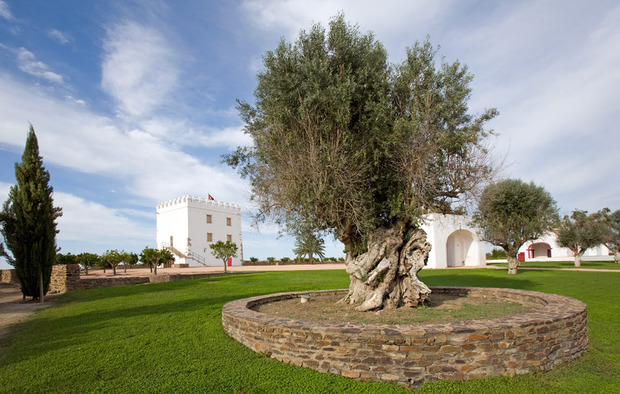
The beauty and biodiversity of Esperão’s estate has led to an increase in visits from dedicated fans. And, with its medieval architecture, an archaeology site and stunning natural beauty it’s no wonder that wine enthusiasts are flocking. Esperão is now offering seasonal, traditional Portuguese cuisine, with vegetables grown at an on-site garden, from its own restaurant. If you can’t get to Portugal for an Alentejo sunset and glass of the estate’s finest, keep an eye out for Esporão wines at your local wine bar or retailer.
Estate images courtesy of Esporão Wines, product images by Hans Aschim












